Please join us on October 17 for a talk by Vincent Bevins, an award-winning journalist and correspondent, focused on his new book, If We Burn: The Mass Protest Decade and the Missing Revolution. The panel will be moderated by Daniel Aldana Cohen, Assistant Professor of Sociology at UC Berkeley and Director of the Socio-Spatial Climate Collaborative, or (SC)2.
REGISTER HERE
Co-sponsored by the Socio-Spatial Climate Collaborative and Social Science Matrix.
Time and Location: October 17, 12pm – 1:30 pm, 8th Floor, Social Science Building; lunch will be provided for those registered by Oct 13.
About the Book
Vincent Bevins’ brilliant new book, If We Burn: The Mass Protest Decade and the Missing Revolution, tells the story of the recent uprisings that sought to change the world – and what comes next.
From 2010 to 2020, more people participated in protests than at any other point in human history. Yet we are not living in more just and democratic societies as a result. Over four years, the acclaimed journalist Bevins carried out hundreds of interviews around the world. The result is a stirring work of history built around one question: How did so many mass protests lead to the opposite of what they asked for?
From the so-called Arab Spring to Gezi Park in Turkey, from Ukraine’s Euromaidan to student rebellions in Chile and Hong Kong, If We Burn renders street movements and their consequences in gripping detail. Bevins draws on his own strange experiences in Brazil, where a progressive-led protest explosion led to an extreme-right government that torched the Amazon.
Careful investigation reveals that conventional wisdom on revolutionary change has been gravely misguided. In this groundbreaking study of an extraordinary chain of events, protesters and major actors look back on successes and defeats, offering urgent lessons for the future.
Praise for If We Burn
“This is a wondrous work of mystery writing, an effort to solve the riddle: Why has a decade of large-scale rolling revolts produced no revolution, no significant structural reform? I can’t think of any journalist other than Bevins who would dare to ask such a question, or be capable of weaving together seemingly discrete global events into a stunning history of now. Have we planted seeds for a better future, or have the gears of change frozen for good? Bevins lets the people he talked to, those on the street, answer.” —Greg Grandin, Pulitzer Prize–winning author of The End of the Myth.
“In this remarkably assured and sweeping history of the present, Vincent introduces us to the activists, hackers, punks, martyrs, and the millions of ordinary people whose spontaneous acts of bravery spurred the mass protests of the last decade. Bevins’s clear-eyed, sympathetic account of the unfulfilled promise of these protests leaves his reader with a bold vision of the future—one in which his book’s lessons are used to transform an uprising into a true revolution.” —Merve Emre, critic, New Yorker
Praise for The Jakarta Method
“The Jakarta Method dismantles and re-positions the American mythos, similar to two recent Pulitzer Prize winners: Nikole Hannah-Jones’s The 1619 Project and Greg Grandin’s The End of the Myth…. The Jakarta Method is a devastating critique of US hypocrisy during the Cold War, and a mournful hypothetical of what the world might have looked like if Third World movements had succeeded.”
—Los Angeles Review of Books<
Vincent Bevins
 Vincent Bevins is an award-winning journalist and correspondent. He covered Southeast Asia for the Washington Post, reporting from across the entire region and paying special attention to the legacy of the 1965 massacre in Indonesia. He previously served as the Brazil correspondent for the Los Angeles Times, also covering nearby parts of South America, and before that he worked for the Financial Times in London.
Vincent Bevins is an award-winning journalist and correspondent. He covered Southeast Asia for the Washington Post, reporting from across the entire region and paying special attention to the legacy of the 1965 massacre in Indonesia. He previously served as the Brazil correspondent for the Los Angeles Times, also covering nearby parts of South America, and before that he worked for the Financial Times in London.
Among the other publications he has written for are the New York Times, The Atlantic, The Economist, the Guardian, Foreign Policy, the New York Review of Books, The New Republic, and more. Vincent was born and raised in California and spent the last few years living in Brazil.
Moderator: Daniel Aldana Cohen
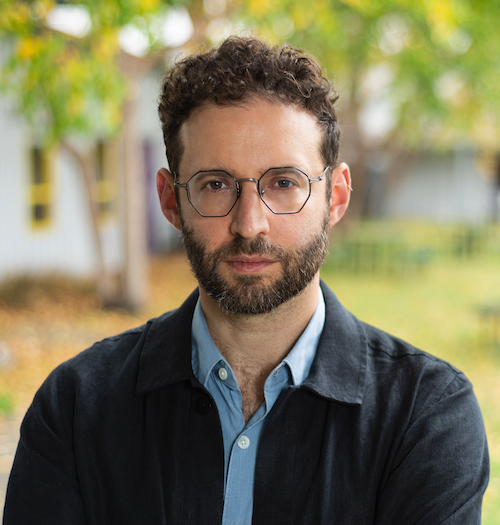 Daniel Aldana Cohen is Assistant Professor of Sociology at UC Berkeley, where he is Director of the Socio-Spatial Climate Collaborative, or (SC)2. He is also Founding Co-Director of the Climate and Community Project, a progressive climate policy think tank. He is the co-author of A Planet to Win: Why We Need a Green Deal (Verso 2019).
Daniel Aldana Cohen is Assistant Professor of Sociology at UC Berkeley, where he is Director of the Socio-Spatial Climate Collaborative, or (SC)2. He is also Founding Co-Director of the Climate and Community Project, a progressive climate policy think tank. He is the co-author of A Planet to Win: Why We Need a Green Deal (Verso 2019).
View Map
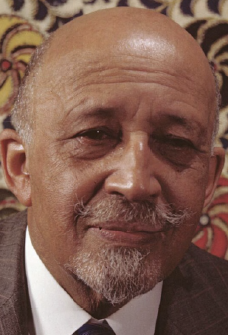
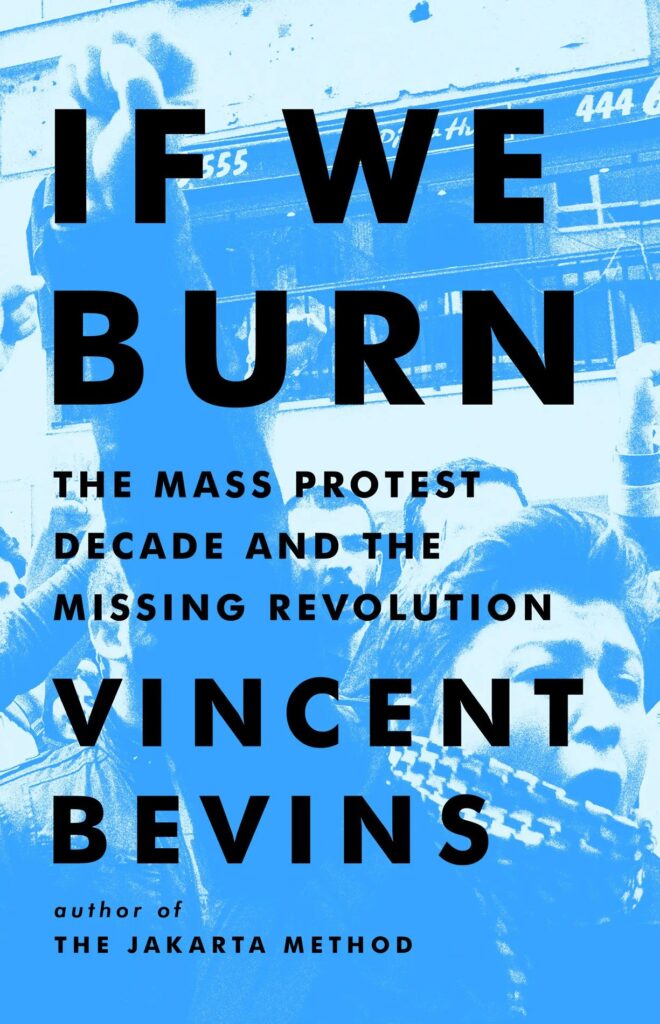

 Daniel Aldana Cohen is Assistant Professor of Sociology at UC Berkeley, where he is Director of the Socio-Spatial Climate Collaborative, or (SC)2. He is also Founding Co-Director of the Climate and Community Project, a progressive climate policy think tank. He is the co-author of A Planet to Win: Why We Need a Green Deal (Verso 2019).
Daniel Aldana Cohen is Assistant Professor of Sociology at UC Berkeley, where he is Director of the Socio-Spatial Climate Collaborative, or (SC)2. He is also Founding Co-Director of the Climate and Community Project, a progressive climate policy think tank. He is the co-author of A Planet to Win: Why We Need a Green Deal (Verso 2019).
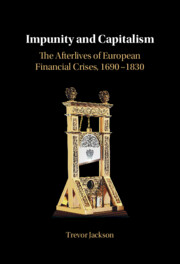 Whose fault are financial crises, and who is responsible for stopping them, or repairing the damage?
Whose fault are financial crises, and who is responsible for stopping them, or repairing the damage?  Trevor Jackson
Trevor Jackson William H. Janeway
William H. Janeway David Singh Grewal
David Singh Grewal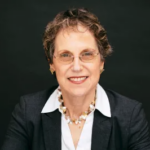 Anat Admati
Anat Admati
 David Pham
David Pham Emily Ruppel
Emily Ruppel Soosun You
Soosun You

 Sharad Chari is an Associate Professor in Geography and Co-Director of Critical Theory at UC Berkeley, and affiliated to Rhetoric, Gender and Women’s Studies, the Center for Race and Gender, the Institute for South Asian Studies, the Center for African Studies, the Center for the Study of Sexual Cultures, and Global Metropolitan Studies. He is also part of the Marxist Institute of Research, and a research scholar at the Wits Institute for Social and Economic Research in South Africa. His recent and forthcoming works included the co-edited
Sharad Chari is an Associate Professor in Geography and Co-Director of Critical Theory at UC Berkeley, and affiliated to Rhetoric, Gender and Women’s Studies, the Center for Race and Gender, the Institute for South Asian Studies, the Center for African Studies, the Center for the Study of Sexual Cultures, and Global Metropolitan Studies. He is also part of the Marxist Institute of Research, and a research scholar at the Wits Institute for Social and Economic Research in South Africa. His recent and forthcoming works included the co-edited  Colleen Lye (Ph.D, Columbia) is Associate Professor of English at UC Berkeley, where she teaches courses on marxism and critical theory, Asian American Studies, and 20th and 21st century literature. She is affiliated with the Designated Emphasis in Critical Theory and the Department of Rhetoric. She is a founding member of the Marxist Institute for Research (MIR).
Colleen Lye (Ph.D, Columbia) is Associate Professor of English at UC Berkeley, where she teaches courses on marxism and critical theory, Asian American Studies, and 20th and 21st century literature. She is affiliated with the Designated Emphasis in Critical Theory and the Department of Rhetoric. She is a founding member of the Marxist Institute for Research (MIR). 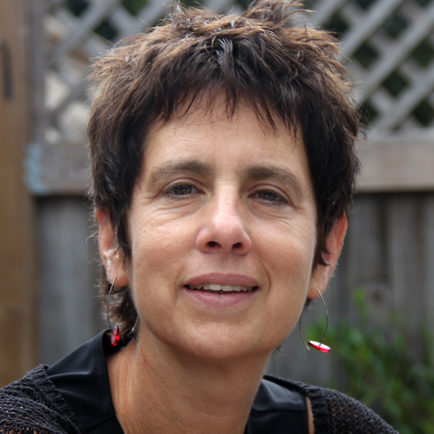 Leslie Salzinger is Associate Professor and Chair of Gender and Women’s Studies at UC Berkeley. She got her PhD in Sociology at UC Berkeley and previously taught in the sociology departments at the University of Chicago and Boston College. She writes and teaches on gender, capitalism, nationality, and race and their ongoing co-formations. Her empirical research is ethnographic, mostly focused on Latin America, especially Mexico. Her primary research questions address the cultural constitution of economic processes and the creation of subjects within political economies. Her award-winning first book,
Leslie Salzinger is Associate Professor and Chair of Gender and Women’s Studies at UC Berkeley. She got her PhD in Sociology at UC Berkeley and previously taught in the sociology departments at the University of Chicago and Boston College. She writes and teaches on gender, capitalism, nationality, and race and their ongoing co-formations. Her empirical research is ethnographic, mostly focused on Latin America, especially Mexico. Her primary research questions address the cultural constitution of economic processes and the creation of subjects within political economies. Her award-winning first book, 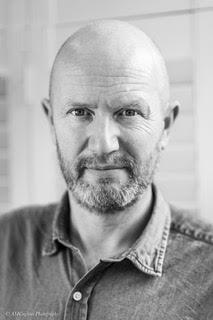 James Vernon (moderator) is the Helen Fawcett Distinguished Professor of History at UC Berkeley. He is a historian of Britain and its empire with
James Vernon (moderator) is the Helen Fawcett Distinguished Professor of History at UC Berkeley. He is a historian of Britain and its empire with 
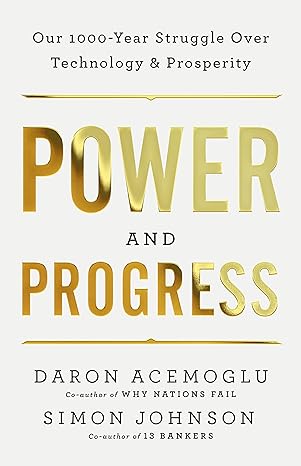 A thousand years of history and contemporary evidence make one thing clear. Progress depends on the choices we make about technology. New ways of organizing production and communication can either serve the narrow interests of an elite or become the foundation for widespread prosperity.
A thousand years of history and contemporary evidence make one thing clear. Progress depends on the choices we make about technology. New ways of organizing production and communication can either serve the narrow interests of an elite or become the foundation for widespread prosperity.
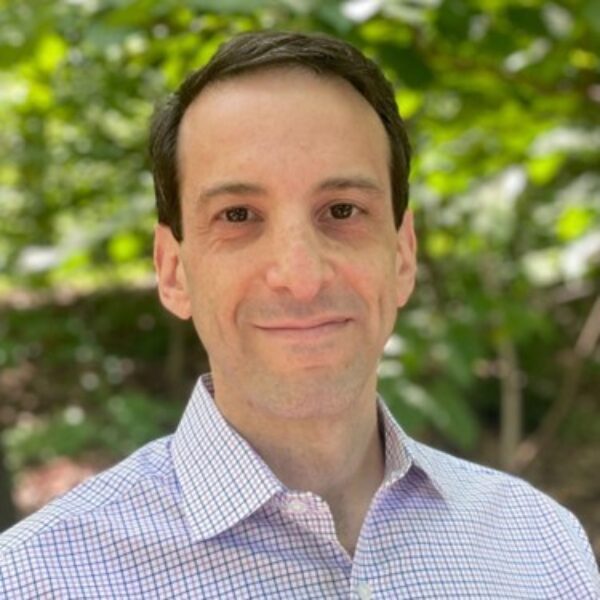


 Ted Egan is the Chief Economist of the City and County of San Francisco, and directs the Office of Economic Analysis in the City Controller’s Office, which prepares independent economic analysis of major new city legislation. Since he joined in 2007, his office has published over 100 economic impact reports on policy issues like the minimum wage, affordable housing, business taxes, land use planning, sporting events, and short-term rentals. During this time at the City, he has served as an expert witness on the economics of same-sex marriage, and won a Good Government award for his work redesigning the City’s business tax. He also currently serves on the Data Users Advisory Committee of the Bureau of Labor Statistics.
Ted Egan is the Chief Economist of the City and County of San Francisco, and directs the Office of Economic Analysis in the City Controller’s Office, which prepares independent economic analysis of major new city legislation. Since he joined in 2007, his office has published over 100 economic impact reports on policy issues like the minimum wage, affordable housing, business taxes, land use planning, sporting events, and short-term rentals. During this time at the City, he has served as an expert witness on the economics of same-sex marriage, and won a Good Government award for his work redesigning the City’s business tax. He also currently serves on the Data Users Advisory Committee of the Bureau of Labor Statistics.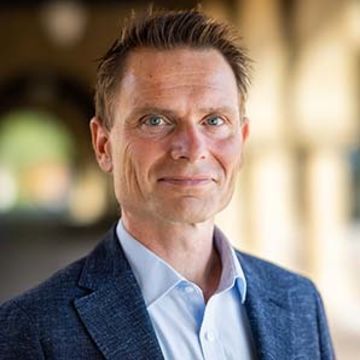 Nicholas Bloom is the William Eberle Professor of Economics at Stanford University. His research focuses on working from home, management practices and uncertainty. He previously worked at the UK Treasury and McKinsey & Company and the IFS. He has a BA from Cambridge, an MPhil from Oxford, and a PhD from University College London. He is a Fellow of the American Academy of Arts and Sciences, and the recipient of the Guggenheim and Sloan Fellowships, the Frisch Medal and a National Science Foundation Career Award. He was elected to Bloomberg50 for his advice on working from home.
Nicholas Bloom is the William Eberle Professor of Economics at Stanford University. His research focuses on working from home, management practices and uncertainty. He previously worked at the UK Treasury and McKinsey & Company and the IFS. He has a BA from Cambridge, an MPhil from Oxford, and a PhD from University College London. He is a Fellow of the American Academy of Arts and Sciences, and the recipient of the Guggenheim and Sloan Fellowships, the Frisch Medal and a National Science Foundation Career Award. He was elected to Bloomberg50 for his advice on working from home.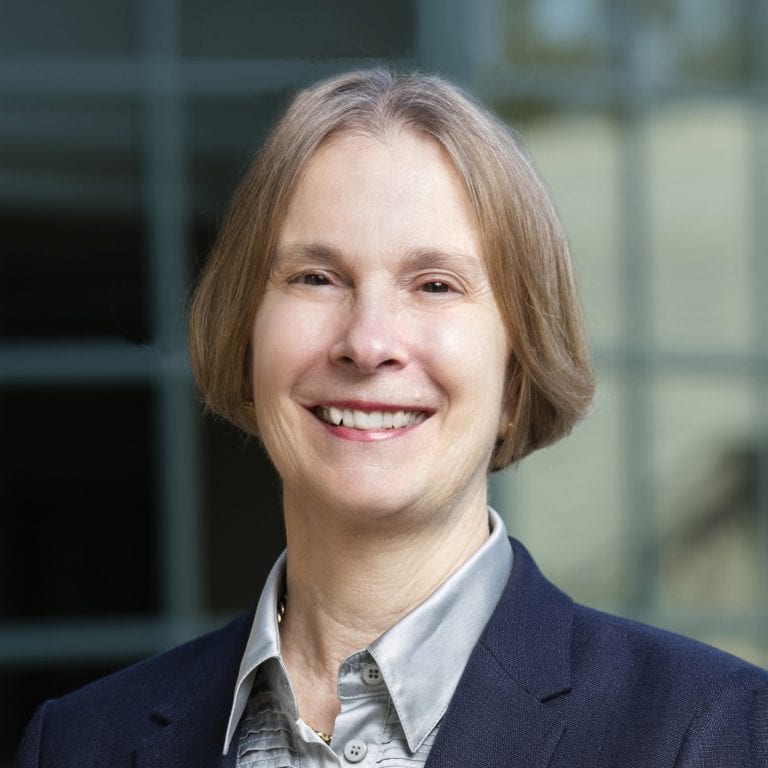 Nancy Wallace is the Lisle and Roslyn Payne Chair in Real Estate Capital Markets at Berkeley Haas. She serves as chair of the Real Estate Group and co-chair of the Fisher Center for Real Estate and Urban Economics. Wallace is an expert in mortgages, mortgage-related securities, and other real estate topics.
Nancy Wallace is the Lisle and Roslyn Payne Chair in Real Estate Capital Markets at Berkeley Haas. She serves as chair of the Real Estate Group and co-chair of the Fisher Center for Real Estate and Urban Economics. Wallace is an expert in mortgages, mortgage-related securities, and other real estate topics.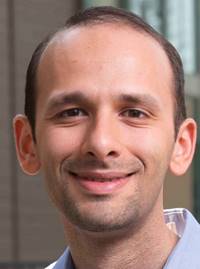 Amir Kermani is Associate Professor of Finance and Real Estate at the Haas School of Business and Research Associate at the National Bureau of Economic Research. His research examines monetary policy, household finance, financial intermediation, and political economy.
Amir Kermani is Associate Professor of Finance and Real Estate at the Haas School of Business and Research Associate at the National Bureau of Economic Research. His research examines monetary policy, household finance, financial intermediation, and political economy.

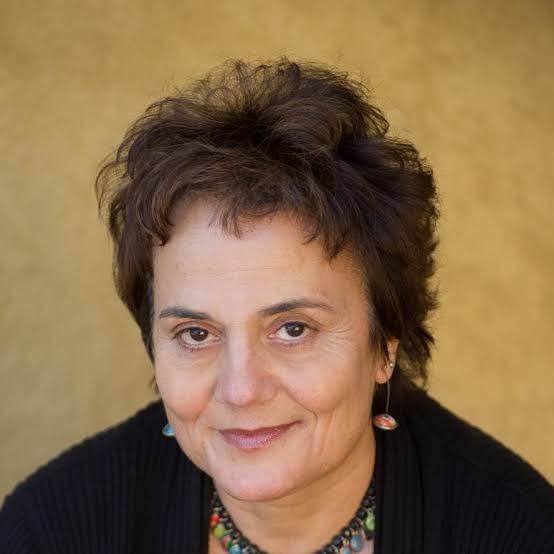
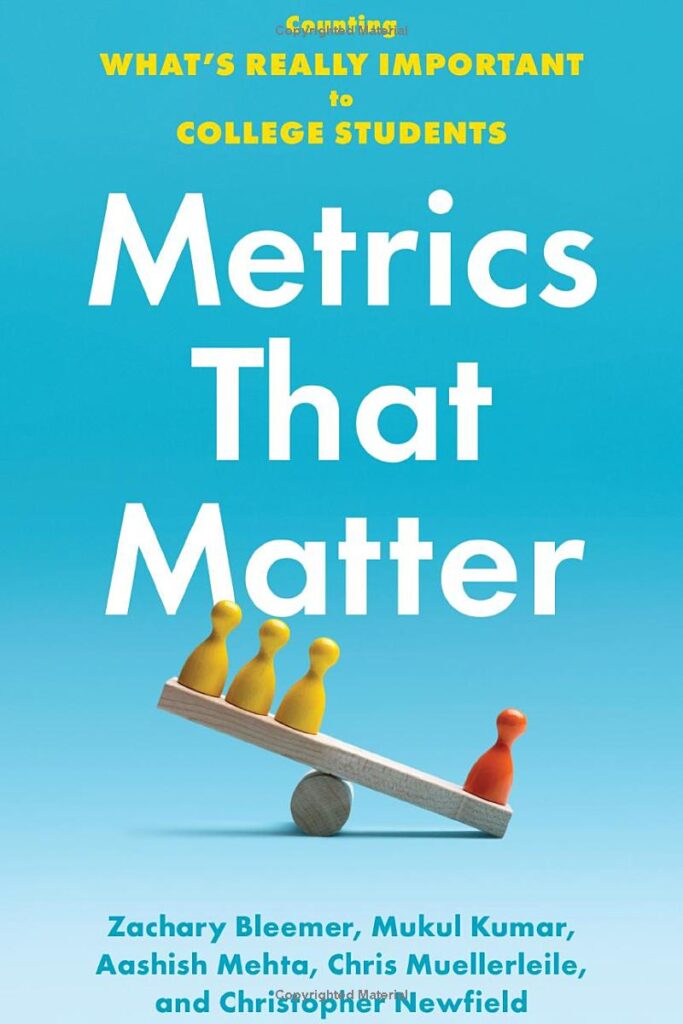
 This talk will feature Zachary Bleemer, Assistant Professor of Economics at Princeton University, who co-authored a new book,
This talk will feature Zachary Bleemer, Assistant Professor of Economics at Princeton University, who co-authored a new book,